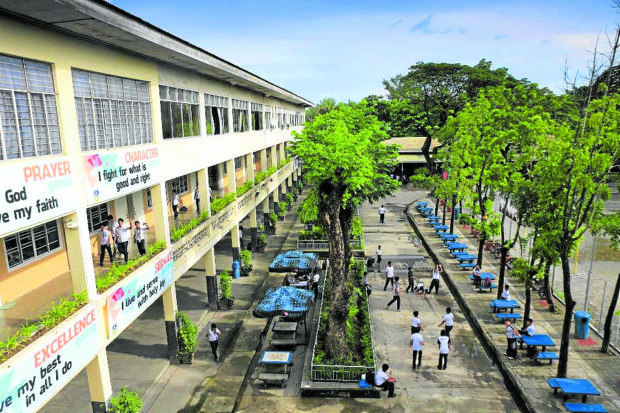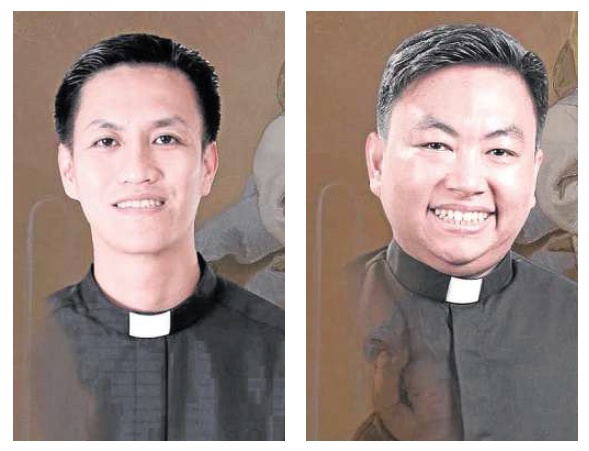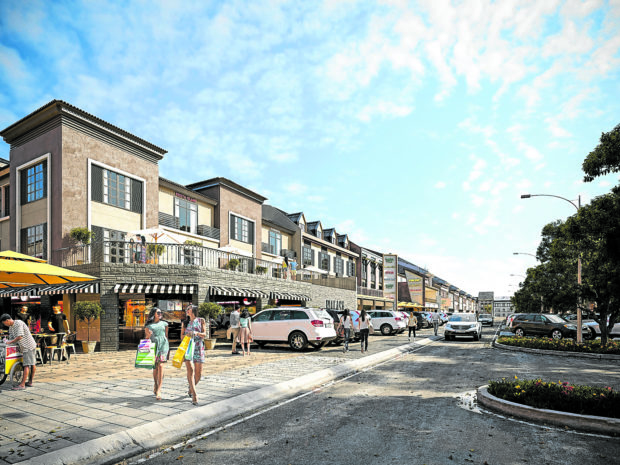Don Bosco Cresendo in Tarlac gears up for economic uptrend in Central Luzon

Don Bosco in Tarlac—The pioneer Don Bosco institution in the country. The opening of its second campus within ALI’s Cresendo estate will further expand the reach of Salesian education to more people in the community.
One of the country’s premier educational institutions finds a new home in a contemporary, integrated urban estate up north.
Don Bosco plans to open a new campus in the 290-hectare Cresendo estate, Ayala Land’s (ALI) first mixed-use development in Tarlac. As part of its goal to expand the reach of Salesian education, Don Bosco is building its second campus in the province with special focus on quality Technical-Vocational Education and Training (TVET).
“Although Don Bosco Tarlac is the pioneer Don Bosco institution in the Philippines, it is also the remaining (one) without a TVET Center,” explained Fr. Ian Rosal, economer of Don Bosco Tarlac. “The current Don Bosco Tarlac campus has long proven itself to contribute significantly to the growth of Tarlac and communities around the country. We offer a formative environment for students to become good Christians and upright citizens, through student-initiated activities that hone them to become servant leaders, to engaging interactions that prepare them for life-long vocations.”
Significant role
Set to start operations by 2023, Don Bosco Cresendo is envisioned to similarly play a significant role in the development of Tarlac and Central Luzon, which have been seeing sustained economic expansion in recent years. This growth, in turn, has thus been spurring the demand for a skilled workforce, which Don Bosco can help build through its TVET Center.

Don Bosco Tarlac rector Fr. Jerry Santos and economer Fr. Ian Rosal passionately shared the institution’s mission of education and evangelism at the service of the community
This center will also cater to the expected surge in demand for highly skilled workers as local and foreign businesses are expected to soon set up offices and shops within ALI’s Cresendo estate, particularly in its 32 ha industrial park, which can support light to medium industries, and the 47 ha commercial district, that will be home to retail and dining spaces, civic establishments, as well as institutions.

The Cresendo Shophouses, within walkable distance from the soon-to-rise campus, will soon offer a diverse and vibrant community mix for a conducive learning environment.
In its first few years of operation, Don Bosco Cresendo will be offering senior high school education. By 2025, it targets to offer TVET, which aims to provide manpower for in-demand industries through technical and vocational courses such as computer education, electrical installation, machining, refrigeration and air conditioning, and mechatronics.
Holistic education
Beyond helping build a highly skilled talent pool, Don Bosco also aims to provide students holistic nurturing.
“With this present health crisis situation, there’s a strong need for young people to really be engaged with the challenges of the world, so we will be strengthening the research work, as well as societal problems, while maintaining the traditional, academic, cultural, sports and technical excellence the institution is known for,” said Fr. Jerry Santos, rector of Don Bosco Tarlac. “Our curriculum will encourage creativity, high-level choices, problem solving and problem-finding [and] we will be offering project-based and research-based learning.”
As Don Bosco has long made it its mission to reach out to the underprivileged, its upcoming campus in the Cresendo estate places it in a highly strategic position to further its mission of education and evangelization by offering technical-vocational training. It also helps that Cresendo estate, being a master-planned, sustainable mixed-use development, can offer a safe, conducive learning environment to the future students of Don Bosco.

Don Bosco Cresendo will be offering senior high school education. By 2025, it targets to offer TVET, which aims to provide manpower for in-demand industries through technical and vocational courses.
“As we make the masterplan for the school, the site development plan, one of the most important things to consider is the creation of a safe environment, supportive environment, an environment that supports education, and an environment that will also serve the needs of the community. We should be providing also what the community and the people around would demand from the school. That’s why the way we look at it, the school is always at the service of the community,” Fr. Jerry added.
Don Bosco Cresendo is indeed well-poised to become a center for holistic learning and a breeding ground for future public servants and community leaders who can further contribute to the rise of Central Luzon. With a stronger, better equipped workforce, Central Luzon will no doubt sustain its economic dynamism and vibrance in the years ahead.
